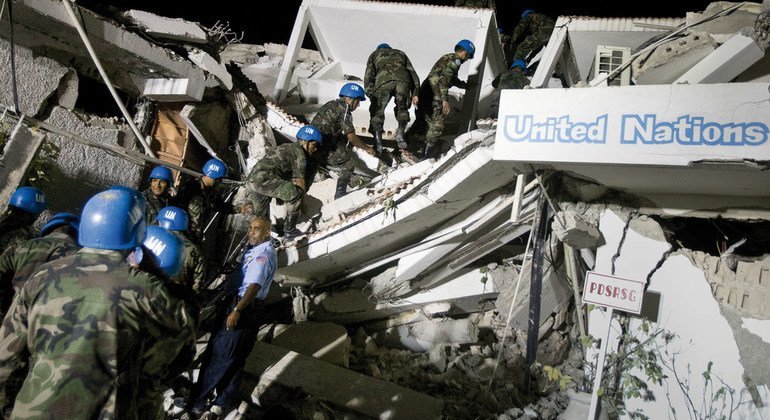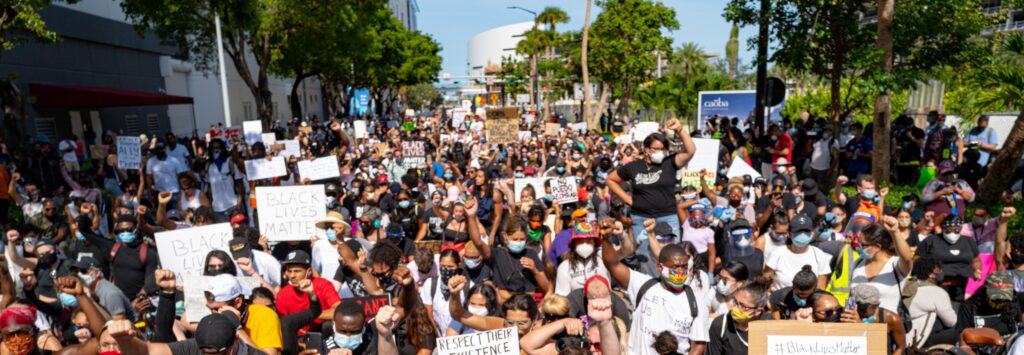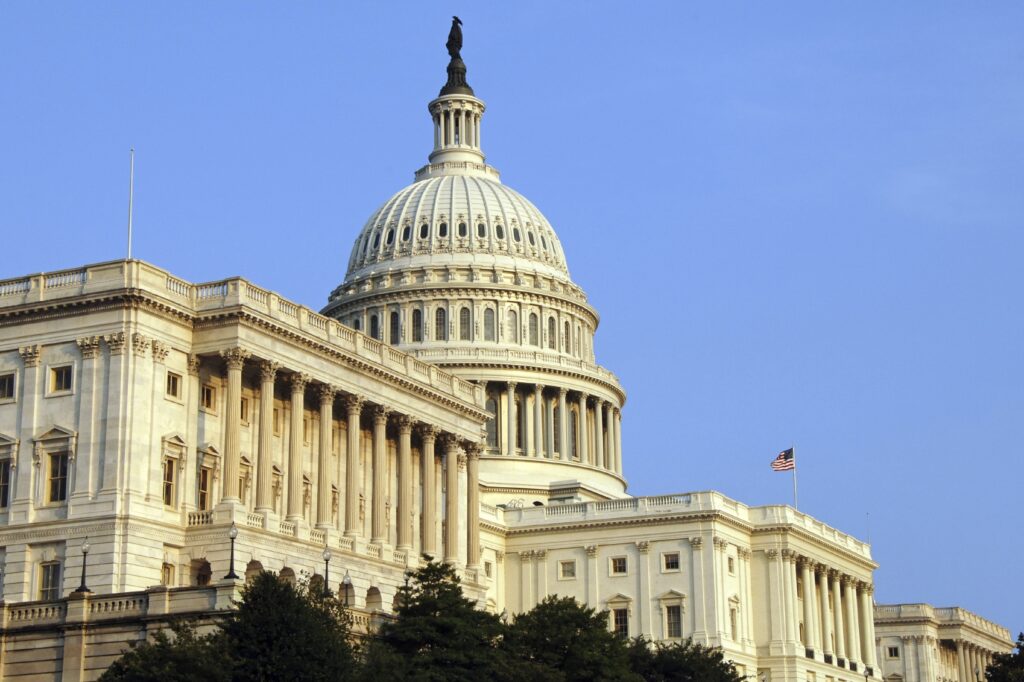By Peter Yeo, President of the Better World Campaign and Senior Vice President at the United Nations Foundation
While State of the Union speeches most often focus on domestic issues, the onslaught of recent world crises have widened the aperture of American attention. In the last week alone, a devastating earthquake left 150,000 people in Türkiye and Syria homeless, with a death toll approaching 12,000, Russia’s aggression towards Ukraine appears to have little end in sight, and the discovery of a Chinese spy balloon above the U.S. has tensions rising.
Although these events each illustrate very different facets of the U.S.-UN relationship, they make one thing absolutely clear: the United Nations has never been more valuable.
Türkiye-Syria Earthquake: The UN’s Role in Disaster Response
Shortly after news of Türkiye’s once-in-a-century, 7.8 magnitude earthquake broke, the UN began mobilizing – pulling from both their 700+ UN staff in the region and from dozens of partner countries working through the World Health Organization, UNICEF, UNDAC, and others. The UN’s Disaster team was on the ground within hours, filling in essential humanitarian supply gaps interrupted by the destruction of a key access point between the two countries and the collapse of at least two hospitals in northern Syria. The World Health Organization activated emergency medical teams in both countries, while UNHCR, the UN’s refugee agency, is now coordinating with agencies in Syria, Türkiye, and northern Lebanon, where storms and the quake triggered flooding. Meanwhile, the UN Migration Agency is conducting field assessments and delivering relief supplies, while the World Food Programme mobilizes with humanitarian partners.
The U.S. remains Syria’s largest humanitarian donor and the State Department has confirmed it will continue “to open our doors and our collective wallets to help Türkiye… and the Syrian people any way we can.” Much of the aid – including in the form of two search and rescue teams from the U.S. – is being delivered in tandem with global partners on the ground to ensure as many people are reached as quickly and safely as possible.
Ukraine: The Advantage of American Alliances
Twelve months since the invasion of Ukraine, most of the world has felt the effects of Russia’s war against the Ukrainian people. The conflict has reduced Ukraine’s agricultural production, driving up food prices and exacerbating a global food crisis affecting nearly 350 million people, according to the World Food Programme. Similarly, fuel prices have soared, slowing what was hoped to be a post-COVID global economic recovery. The UN estimates that 17.6 million Ukrainians are in need of humanitarian assistance, with another eight million Ukrainian refugees across the continent, and the nearly six million internally displaced. Working with local partners, the UN has addressed Ukrainian needs as diverse as monitoring nuclear facilities attacked by Russian forces and providing maternal health services and psychosocial support to Ukrainian women and those victimized by the weaponization of gender-based violence.
Importantly, the U.S. has closely coordinated its Ukrainian relief efforts with the UN. Throughout the crisis, the U.S. has used the UN’s global stage to galvanize support for the country. Indeed, within a week of Russia’s invasion, 141 countries at the UN voted to condemn Russia’s actions, a stinging rebuke made possible by months of behind-the-scenes diplomacy. America-led international sanctions followed. In April, the U.S. Ambassador to the UN, Linda Thomas-Greenfield, led the effort to suspend Russia from the Human Rights Council. Other world leaders – including President Biden – similarly denounced Russia’s continued hostility at the UN General Assembly. The UN’s High Commissioner for Human Rights has since released a report documenting Russian atrocities, which lays the foundation for war crimes charges against the Kremlin.
China: The Case for U.S. Engagement at the UN
The discovery of China’s spy balloon over the U.S. is the latest development in an increasingly contentious relationship between the two countries – what President Biden has termed “a competition to win the 21st century.” This competition has played out at the UN, where China is taking a more assertive stance in global affairs. The country is now the second largest contributor to the UN’s regular and peacekeeping budgets, trailing behind the U.S. Meanwhile, China has sought robust representation within UN agencies while simultaneously seeking to water down condemnation of its human rights record in official documents.
All these actions reinforce the importance of full U.S. engagement at the UN. The Biden administration has prioritized U.S. representation within UN agencies, including selection of an American to lead the vital International Telecommunications Union. The U.S. has also rejoined the UN Human Rights Council, enabling the U.S. to advance key human rights principles. However, the U.S. must continue to invest in a robust international affairs spending, with particular attention to UN Peacekeeping, where a statutory cap passed by Congress prevents the U.S. from paying peacekeeping dues at its agreed upon rate, resulting in more than one billion dollars in arrears. If the new Congress is concerned about an emergent China, investing fully in UN peacekeeping, as well as the international budget, would be the obvious next step.
–
Whether partnering with the UN to support humanitarian efforts, building alliances that stand against unilateral aggression, or positioning the U.S. to win this century, American engagement with the UN is not only valuable, it’s essential.




